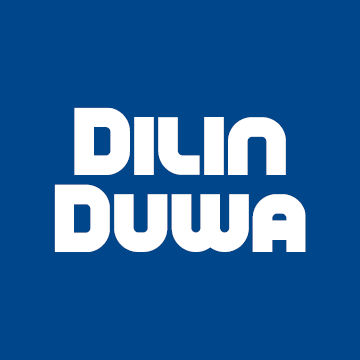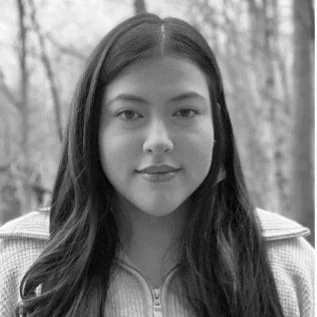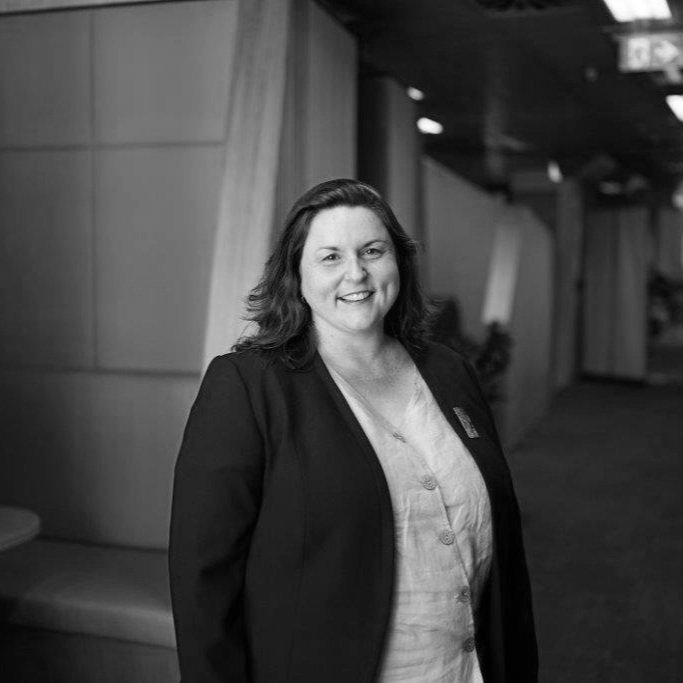
Indigenous Social Mobility:
Wealthing out of Identity?
Research Introduction
Social mobility is a concept that looks at how generations do compared to the ones before them. Current research typically compares levels of income and education, what people do for work, what their social networks look like, to try and understand if children are better off than their parents and grandparents.
With this current project, we aim to understand what the process of social mobility looks like for Indigenous Peoples, the factors unique to Indigenous social mobility, and the impact that increasing wealth has on connections to community and culture. It follows from a three-country study of Indigenous entrepreneurs conducted in Canada, the United States, and Australia.
Findings from this past project shows that their connections to family, friends and culture are strong and diverse, and that an important measure of success is continued engagement with their Indigenous communities. Yet, public and academic discourses perpetuate the belief that social mobility impacts negatively on Indigenous people, suggesting that individuals who are socially mobile, eventually “wealth out” of their Indigenous communities and connections.
Working as a team of scholars from Canada and Australia, Dr. Côté and Dr. Evans will conduct the first ever longitudinal study of Indigenous social mobility and the impact on Indigenous connections to community and culture through a 2nd wave of interviews, starting with Indigenous entrepreneurs in Australia.
While this first study did show that Indigenous entrepreneurs have rich and diverse connections with their Indigenous communities and culture, we cannot answer the question of whether or not these connections are being maintained (or strengthened/weakened) without the benefit of a second conversation that occurs a few years later. To strengthen our position and the findings of the past study, we are in process of contacting participants from the past study The Making of Success: The Participation of Aboriginal and Torres Strait Islanders in the Brisbane Marketplace to do exactly that. If you were a participant for this past project, we hope to touch base with you about another chat soon!
The second part of the study will be a survey of 250-300 Indigenous entrepreneurs in the state of Queensland. This will help us in gathering baseline data on indicators of social mobility that are important to Indigenous people, and that are culturally and historically sensitive.
We hope to contribute to the conversation around social mobility, entrepreneurship, Indigenous studies, and identity. By unpacking the way in which social mobility is measured, conceptulised, we aim for a better understanding of the processes, indicators, and consequences of social mobility for Indigenous people.
What are our research themes?
Learn a little bit about your career and business successes
Find out who helped you along the way, and what steps you took to advance
Talk about the impact that your successes have had on your connections to your community and culture
We also want to look at:
Measure Indigenous and non-Indigenous social and cultural capital (connections to community and culture), and business performance at a second point in time, to identify any changes over time,
And find out whether or not Indigenous people are “wealthing out” of their connections to Indigenous community and culture?
How do we plan to do it?
We want to understand what the process of social mobility looks like for Indigenous people, the factors unique to Indigenous social mobility, and the impact that increasing wealth has on connections to community and culture with a study that has two distinct but complementary parts to it:
Follow-up interviews with Indigenous entrepreneurs who participated in the 2015 study The Making of Success: The Participation of Aboriginal and Torres Strait Islanders in the Brisbane Marketplace;
A survey, where we are hopeful to have 250-300 Indigenous entrepreneurs from the state of Queensland participate.
The interview will be using questions from the earlier study that was completed and will also incorporate items that were designed to measure Indigenous inter-generational social mobility. There will be a series of open and close-ended questions that will cover the use and structure of social capital and cultural capital, employment history, business performance, experiences as an Indigenous entrepreneur or employee, and lessons learned. Interview participants are being contacted now. Please feel free to get in touch with us about participating, and watch your email inbox for details!
For the survey, we are interested in hearing from people who are entrepreneurs, business owners, and who are working as professionals across different occupation and industrial sectors. We will be using different questions to broaden our knowledge on how you are doing and how success is impacting you as an Indigenous person. We are also interested in knowing about your connections with Indigenous culture and community, and how you define success.
Research Team
Dr. Rochelle Côté
Dr. Côté is an Associate Professor of Sociology at Memorial University of Newfoundland, Canada. She works in the areas of social networks, Indigenous settler relations, and social inequality, with the latest three projects involving interviews with Indigenous entrepreneurs in Canada, the U.S, and Australia to get to know how they engage with urban marketplaces, and a little bit about how their social networks helped them in business. These three studies built on each other, and involved in-depth interviews with 234 Indigenous entrepreneurs living in these three cities. Each project involved building ties and working with Indigenous community members, ensuring that the project not only met university ethical requirements but also the ethical requirements of Indigenous communities and/or organizations. Her research program to date has highlighted the importance of strength-based approaches to the study of Indigenous communities, and the increasing impact and importance of entrepreneurship to Indigenous sovereignty and economic development. Her work also provides preliminary evidence that Indigenous entrepreneurs use forms of social and cultural capital – ties to Indigenous and non¬Indigenous communities and cultures – like a tool kit, maintaining and accessing different aspects to succeed in business and life. Success as an entrepreneur was most prominently defined as the ability to give back to their communities, and took various forms depending on the individual.
Bartholomew Stanford
Dr Stanford has a PhD from Griffith University in which he focused on local government, Indigenous governance and Indigenous institutions which he was awarded in 2022. Dr Stanford currently works with Charles Darwin University as a lecturer.
Manish Benuen
Manish Benuen is currently working as a research assistant on this project. Manish is a fourth-year undergraduate student at Acadia University in Wolfville, Nova Scotia, Canada, and is pursuing a Bachelor of Science degree in Psychology, with a minor in computer science and biology. She grew up in Labrador and is a member of the Sheshatshiu Innu First Nation. She loves spending time outdoors and learning new things.
Dr. Michelle Evans
Dr. Evans (University of Melbourne) is a leading Indigenous Australian scholar working in the areas of management, Indigenous entrepreneurship, and leadership studies. Her research has informed and extended theoretical and practical developments merging Indigenous ways of knowing across her discipline, and also extending the way in which we think about Indigenous forms of leadership. She has held a Fulbright scholarship, conducting research with First Alaskan and Native Hawaiian artists and arts managers about the nature of leadership and how it makes sense in their world. Dr. Evans is a founder of the MURRA (Indigenous word for ‘fishnet’) Indigenous Business Master Class program at the University of Melbourne – an innovative programme that has been instrumental in delivering business training to Indigenous entrepreneurs from across Australia – and is the founding head of the Willin Centre – responsible for providing support and education opportunities for fifty indigenous artists through to graduation. She has held three prestigious Australian Research Council Grants ($748,000 total), each of which has considered various aspects of Indigenous leadership, from political participation in Australia’s major political parties and the leadership opportunities and challenges experienced by Indigenous party members, to an examination of how business education intervention influences Indigenous leadership behaviour and business routines. This research programme has operationalized into multiple, well placed journal articles, book chapters and presentations at professional meetings in Australia and abroad. She has also successfully garnered funding from a variety of other sources to support continued work with the MURRA progamme ($1.5 million), and to start the first phase of a new research program in 2020 aimed at evaluating the effectiveness and impact of Indigenous Preferential Procurement programs across Federal, State and Territory and corporate sectors in Australia ($325,000). She will devote 20% of her research time annually to this project, mentoring students, conducting analyses, and assisting with knowledge dissemination.
Joslyn Park
Joslyn is a third-year Social Work student studying at Memorial University in St. Johns, Newfoundland, Canada. She is a passionate advocate of Indigenous human rights, youth in foster care, and mental health. She also has recently started exploring her roots more, which inspired her to join this project as a first-time research assistant in the summer of 2022 through an International Indigenous Youth Internship program that was hosted by the Marine Institute in St. Johns, Newfoundland, until the internship ended. Then, in late fall of 2022, she returned to the project as a research assistant to work once more with Drs. Rochelle Côté and Michelle Evans.

Dilin Duwa Online Network.
Join other business owners in our online gathering place for learning and connection for Dilin Duwa program alumni and friends.










